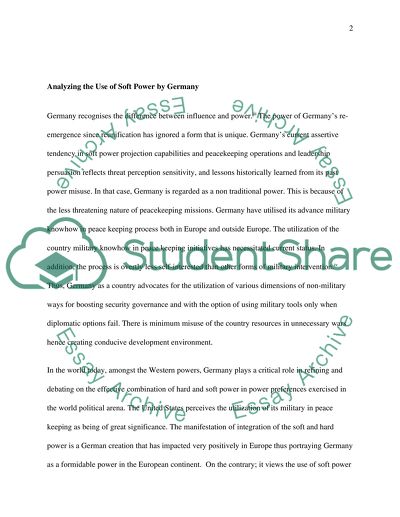Cite this document
(“Germany: Hegemony of Europe Term Paper Example | Topics and Well Written Essays - 2500 words”, n.d.)
Retrieved from https://studentshare.org/history/1396231-germany-hegemony-of-europe
Retrieved from https://studentshare.org/history/1396231-germany-hegemony-of-europe
(Germany: Hegemony of Europe Term Paper Example | Topics and Well Written Essays - 2500 Words)
https://studentshare.org/history/1396231-germany-hegemony-of-europe.
https://studentshare.org/history/1396231-germany-hegemony-of-europe.
“Germany: Hegemony of Europe Term Paper Example | Topics and Well Written Essays - 2500 Words”, n.d. https://studentshare.org/history/1396231-germany-hegemony-of-europe.


